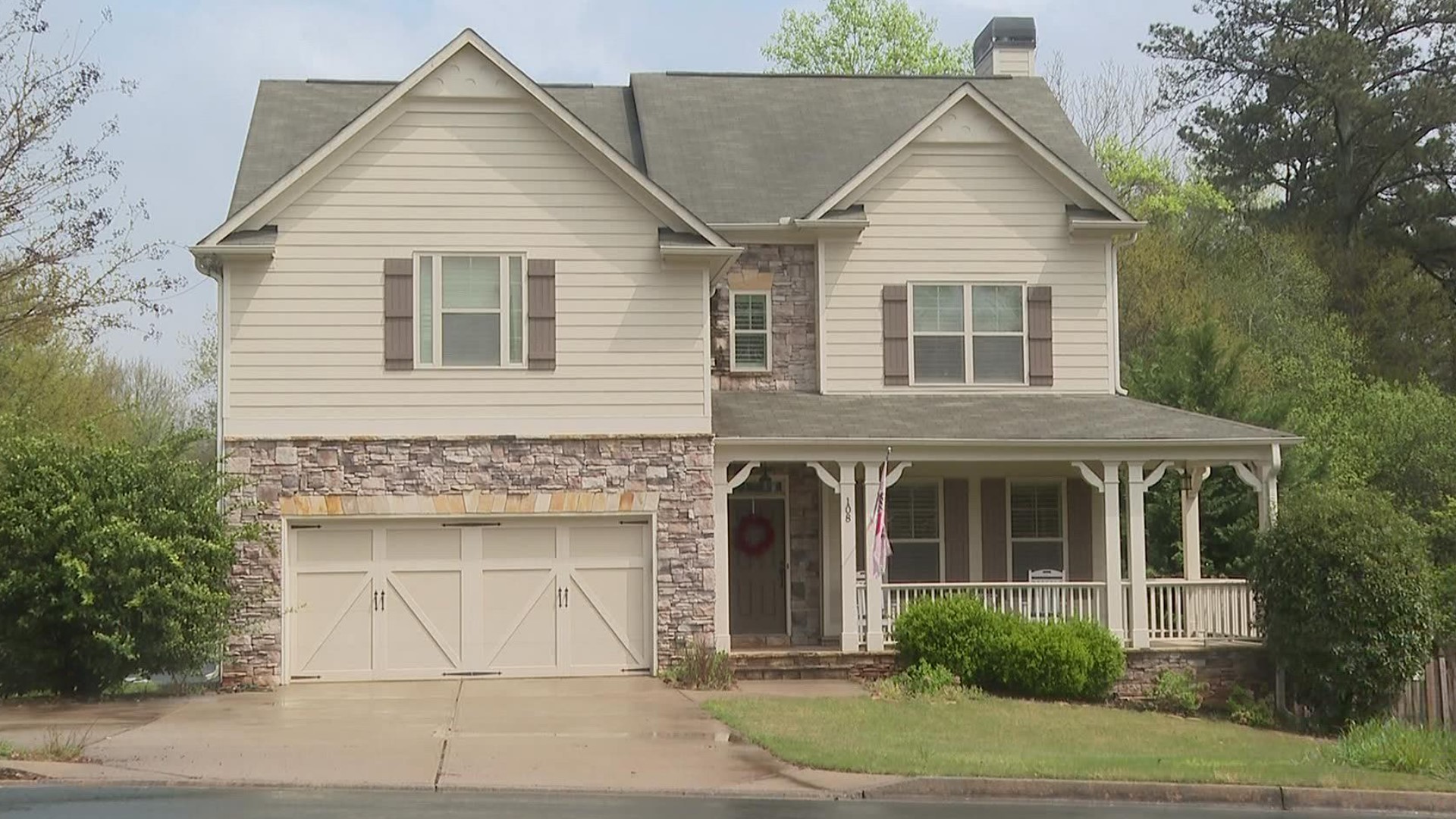COBB COUNTY, Ga. — Metro Atlanta's booming housing market could result in higher property taxes, experts say. Even those not in the market to buy a home could see higher rents due to landlords having to pay more in taxes.
A lot has changed in the 41 years Paula Albanese has lived in her Marietta home. Back then, she bought her house for around $80,000. Since then, her home has increased in value nearly four times over. Albanese has also noticed a big bump in property taxes recently.
“As a senior citizen, I’m on a limited budget, I feel it," Albanese said. "With everything else going up to, I’m not happy about it at all.”
Stephen White, chief tax appraiser with Cobb County's Tax Assessor's Office, projects the county will see its tax digest go up about 10.5%. In other words, the value of residential and commercial properties will increase by that amount. He said he's noted drastic differences in home sale prices just in the last year county-wide, and businesses have recovered well since the pandemic started.
"We’re seeing this year, more properties will need a change than in many years, probably over 20 years," White said. "We’re going to revalue probably about 177,000 residential properties this year.”
But White said that does not necessarily mean an increase in property taxes, despite assessed values possibly reaching historic highs due to inflated home sales in the last two years. Gwinnett and Cherokee County are also seeing record-soaring property values per White. He said this year, Cobb County could tax about $48 billion, leading to more revenue for the county, services it provides, county schools and other jurisdictions.
The total tax bill that property owners will pay is comprised of a property's assessed value times the millage rate, which is decided by the appropriate jurisdiction. The assessed value is based on the fair market value of a home, which is what a buyer and seller agree on during the transaction.
"We take a look at sales that have occurred in each neighborhood, what are the sales showing the value of the homes? We compare that to what our values are," White said. "If we see a drastic difference, it’s time to change the assessment. Some property owners may see no change in their value. Some property owners will see an increase. The majority will see an increase on the residential side.”
White said each jurisdiction could roll back its millage rate, which is the rate used to calculate one's local property taxes, in order to lessen the burden on taxpayers. White said assessment notices for residential properties would go out next month. Commercial assessments would go out in the next few weeks. Property owners have 45 days to file an appeal of their assessment once they receive it.
After that, the tax digest is finalized in June and given to the jurisdictions, which will then set the millage rate for the fiscal year by July. The tax commissioner then sends out the tax bills in August.
Albanese hopes the place she's called home for over 40 years doesn't price her out as more people move in and values continue to go up.
"This area is convenient to so many things, interstate, stores, recreation," Albanese said. “But I’m afraid of going into debt if taxes keep going up."

